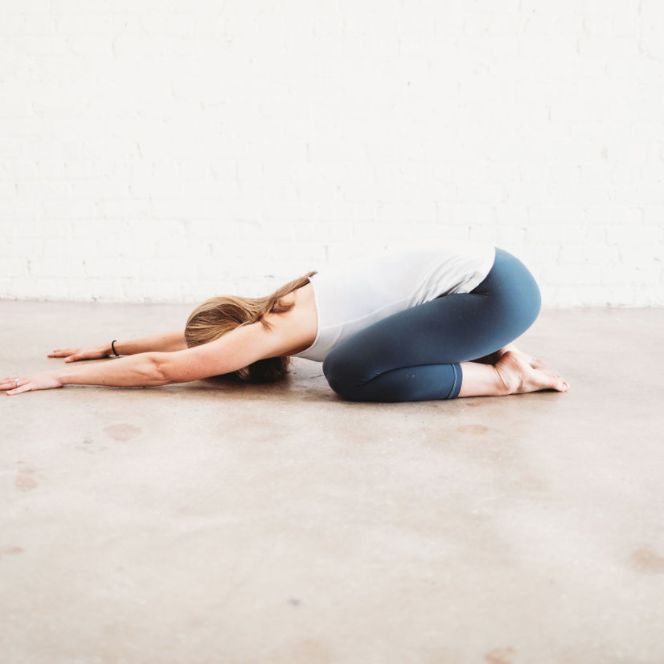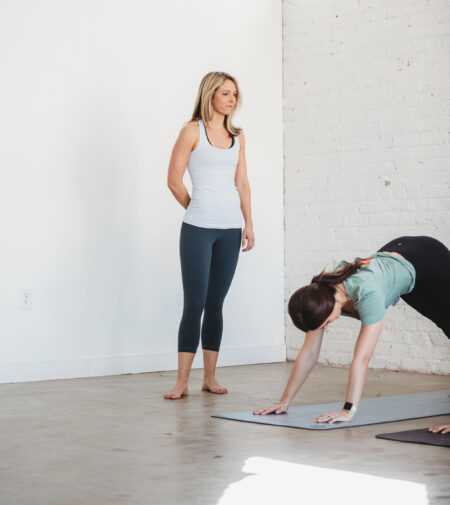Self-care might just be the biggest buzzword of the past year. As we’ve isolated, stressed about the state of the world, and possibly faced health issues or losses, self-caring has been at times more of a challenge, but consistently more of a necessity. But this catchy buzzword we see tossed around everywhere from social media posts to articles to TV shows has no one clear meaning. In fact, it means whatever you want it to. So if you’re in the need of some more self-care options (and let’s face it, at this point who isn’t?), consider incorporating some habits that fit that bill, but offer health benefits too.
Here are a few of our favorites:
1. Try meditating.
For those at their peak levels of stress, anything to reduce those stress reactions and bring the anxiety and tension to a healthier place is a great thing. While meditation can feel daunting to those who haven’t tried it, it’s a totally self-paced routine, and can take no more than a few minutes in between projects. Mini meditations are available in apps and online, or you can build your own personalized affirmations and meditations.
Countless studies have shown that meditation is one of the quickest ways to proactively reduce stress. It’s been shown to help manage symptoms of illnesses and conditions, including things like chronic pain, high blood pressure, anxiety disorder, and even heart disease. Ultimately, focusing on reducing your stress can improve many facets of your health, from sleep to mental health to physical pain.
2. Take a nap.
That’s right. If you’re tired and fatigued and running on empty, there is truly no shame in getting more sleep, even a nap right in the middle of the day if that’s what’s needed. At this point a large number of us are experiencing “pandemic fatigue,” the strain and exhaustion of dealing with this altered lifestyle and heightened negative feelings for nearly a year. You may feel more tired than normal more often than normal, and that’s fine. Just care for yourself and get to sleep earlier or take a nap.
Research has shown that adults who nap have better moods, more alertness, increased performance, and less fatigue (which has a range of negative effects if left unchecked). Keep daytime naps brief and shoot for the early afternoon to avoid grogginess or worsened ability to sleep at night.
3. Swim or stretch.
Both of these movement options are incredibly peaceful, quiet, and solitary, and provide a great respite from some of the stresses of life that may be bringing negative health and wellness effects. For those who enjoy it, a slow, peaceful swim (in an outdoor space if possible; nature is a great self-care additive!) works wonders for clearing the mind, but also exercises and stretches every part of your body. Whether you do simple strokes, tread water, float peacefully, or do quick laps, some time in the water can be incredible self-care.
And if the weather, location, or your preferences preclude a swim, stretching or yoga poses can have very similar effects. Another peaceful, mind-clearing way to spend time, stretching also loosens up your body and keeps your joints and muscles healthy, just as swimming does.
4. Take a break from devices.
This is the self-care practice that can be hard to do; we’re so attached to our phones and computers, both for work and practical purposes as well as entertainment. But much of what may be causing you stress, burnout, or anxiety may be tied to your devices. Checking the news, social media, or work emails after hours isn’t healthy when it’s a nonstop loop. The devices can also cause tension headaches and other physical effects. Try taking some time away from phones, computers, and even your TV for some period of time, whether an hour here and there, a few hours a day, or a day per week. Instead, fill the time with hands-on activities, walks or other physical activity, reading, chatting with loved ones, or doing a project in your house or yard. You’ll get more done (clearing a weight from your shoulders), you’ll save yourself some literal headaches, and your mental health is likely to thank you too.
5. Snack on clean foods, especially fresh veggies and fruit.
The quickest and smallest form of self-care, but it really does make a mental difference and a physical one. In times of stress it’s easy to snack on anything nearby or something quick. But if you keep fruits and vegetables around and grab one or two when you want something to eat and a bit of a break, you’ll feel more energized, and you’ll notice effects to your physical health quickly.









